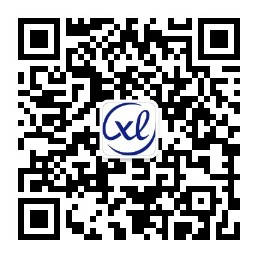The advent of the Internet of Things, the Cloud and Big Data is fundamentally changing everyday practices in teaching. Without wanting to preach, some even speak of a rupture in the methods of teaching and pedagogy. Therefore, an important issue needs to be considered: How would this ‘triumvirate’ affect assessment methods? How would it influence the way in which student progress is monitored?
The first change that Data would bring to student monitoring and assessment is the move away from a sequential rationale of assessment methods to a more dynamic and behavioural approach. In fact, online quizzes and exercises (on MyLMS) and access to databases, ScholarVox, CrossKnowledge and many other resources are all sources of data that enable us to evaluate students’ efforts and work proactively. No more need for continuous assessment or mid-term exams as student assessment would be carried out on a daily basis.
 A second benefit of using Data in student assessment is that it moves away from focussing solely on using exercises and projects as means of appraisal, towards a broader set of assessment parameters. In fact, there is a whole host of other elements that can be monitored: attendance records, the number of books borrowed, the use of course support material on MyLMS and online exercises, logging on to CrossKnowledge, compliance with deadlines for the submission of assignments, signing into the Career Centre site to search for an internship, EPD or PPP monitoring, etc. All these sources of information testify to the seriousness of the student, the actual effort put in and the academic progress achieved at our School.
A second benefit of using Data in student assessment is that it moves away from focussing solely on using exercises and projects as means of appraisal, towards a broader set of assessment parameters. In fact, there is a whole host of other elements that can be monitored: attendance records, the number of books borrowed, the use of course support material on MyLMS and online exercises, logging on to CrossKnowledge, compliance with deadlines for the submission of assignments, signing into the Career Centre site to search for an internship, EPD or PPP monitoring, etc. All these sources of information testify to the seriousness of the student, the actual effort put in and the academic progress achieved at our School.
Over the entire length of a student’s education and study programme, this use of Data and monitoring process would provide an interesting insight into the student’s intellectual maturity and personal development. It would also serve as an excellent guide to identify possible turning points in a student’s progress and to provide more personalised and better focussed support and guidance on areas for improvement in terms of personal and professional qualities, with the ultimate goal of enhancing their employability.
None of these scenarios emanate from the World of Narnia... they are already a reality!
In fact, some schools have already adopted this approach with the broader aim of being able to offer companies the right candidates, not just on the basis of their CV, but also on their academic data record.
Imed BEN NASR
Research-active faculty member in Digital Marketing

